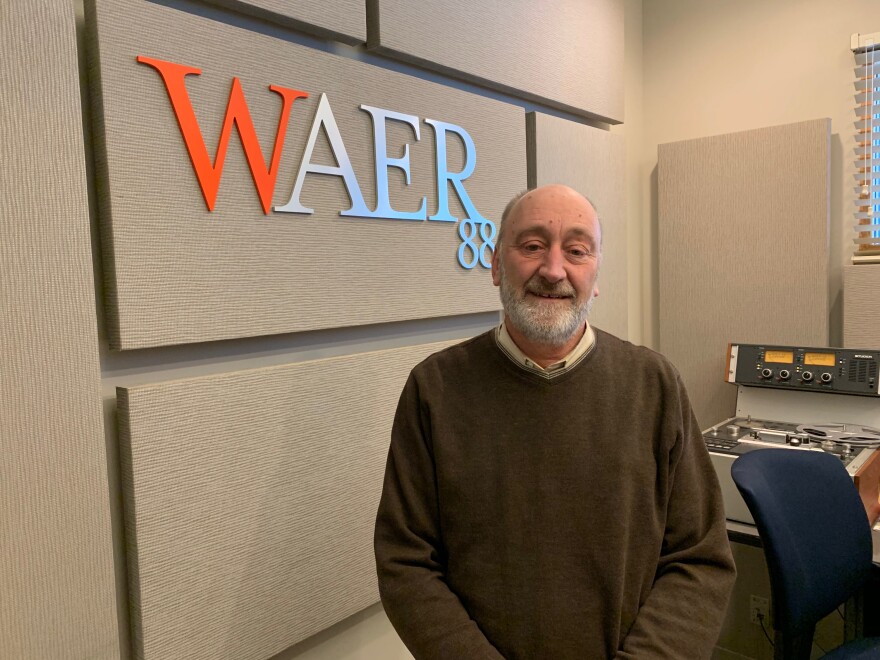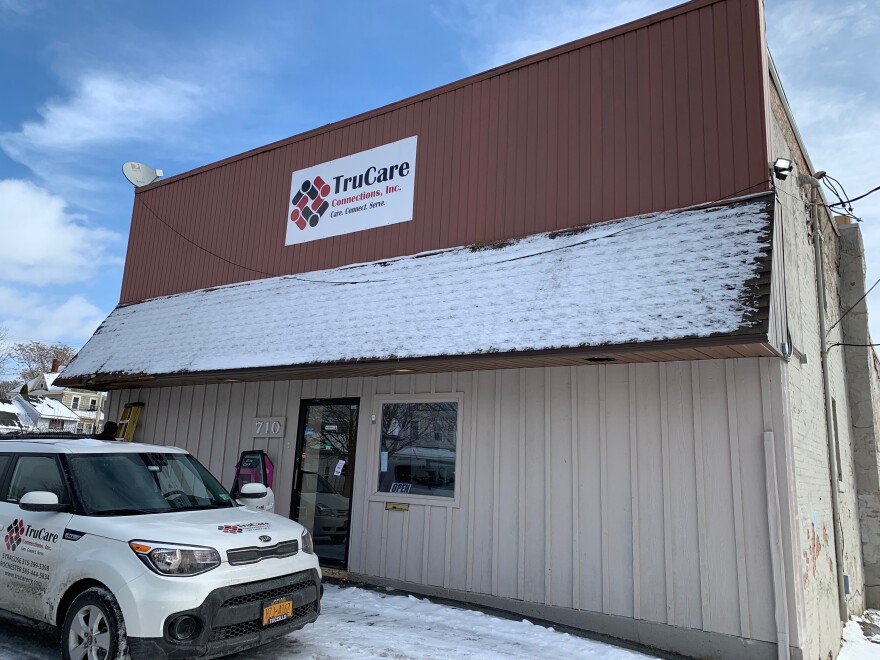A growing number of refugee and immigrant owned businesses in Syracuse are making their mark on the local economy. They’re also providing a path forward to make a better life for others and their families and the greater public with their talents. Centerstate CEO in Syracuse partnered with the New American Economy in 2014 for a study to find out how much of an economic impact refugees and immigrant owned businesses have on the city’s economy.
This segment of the population was nearing 1,700 people at the time. Centerstate’s VP of Economic Inclusion Dominic Robinson says the study found those businesses generated $22 million dollars of income.
“They were over 7 percent more likely to have started a business or be self-employed than the general population. So when you think about most of the most of the job growth in the US coming from small to mid-sized employers, and the fact that our refugee and immigrant communities are more likely than the rest of our populations to create those businesses then there’s obviously a pretty obvious impact there.”
He adds there is a diverse array of refugee-owned businesses who have opened their doors across the city within the last 10 years. The large majority are restaurants.
“For many folks who have come here from different countries, who miss their culture, they miss their food, it’s an opportunity to re-establish that here in Syracuse. But, beyond that, what we have seen is a number of other businesses, specifically small grocers and retailers that once again are able to sell goods or products that might be more associated with one’s home country.”
It’s been several months in the planning for Assad Almajid to open up Sinbad Sweets on James Street in Eastwood and he’s almost there.
“I would like the people of Syracuse to taste what my father and grandfather and great grandfather... what they were doing (in Damascus) as I learned from them.”
A decade before moving to Syracuse in 2016 as a refugee, he owned a chocolate factory in Damascus. Now he plans to cook-up ice cream in a hot fired bowl that takes three hours.
“So, as it’s starting to freeze in the ice cream machine, we will start hammering the ice cream for 20 minutes... it will come stretchy, very delicious.”
The ingredients he says are natural and organic and some get imported to the US from Greece like Sahlep that comes all natural from trees, removing the need for gelatin that’s found in American ice cream. Since the ice cream is boiling for at least one hour, people don’t get stomach aches; However, Almajid insists on a two hour period to allow for the additional ingredients he uses.
And there’s no shortage of sampling ethnic foods for the Executive Director of the Northside Learning Center, Mark Cass. The center helps refugees and children to learn how to read and write.

“One of the occupational hazards in my job is the pleasure of putting on weight through being exposed to all kinds of foods. The newcomer communities and others are very interested in serving the broader, long-term communities. So, we’ve seen houses being purchased, we see businesses being started. Language is a real issue in terms of people finding employment. Often, many of these businesses hire people from their own communities to work in those communities to work in those businesses before they might have the English language skills they’d need to go into a more standard type job.”
A North Side business is providing an alternative to in home care for the elderly or the parents of ill children. Jay Shubedi is from Bhutan and arrived in Syracuse in 2008. He runs True Care Connections, Inc. The company files the necessary paperwork so patients can select family members or friends to take care of them and get paid. His staff speaks 12 languages.

“And the caregivers, pretty much speak their own language with the client and they’re providing their own cultural, very family oriented type of care within the family. So, this is what we need to fill up and their wasn’t anybody before.”
It takes time to establish any business but, Centerstate’s Robinson says there’s another advantage that refugee and immigrant businesses have instantly.
“To tap into a market that the main stream businesses who provide those services, they don’t have the relationships or the trust of the community the same way someone who comes from the neighborhood, who comes from their own culture or ethnic group does.”
He adds the new refugee businesses in Syracuse have established new communities that weren’t here ten years ago. Robinson calls it a lagging effect between the communities that resettled here from various places of trouble across the world.



